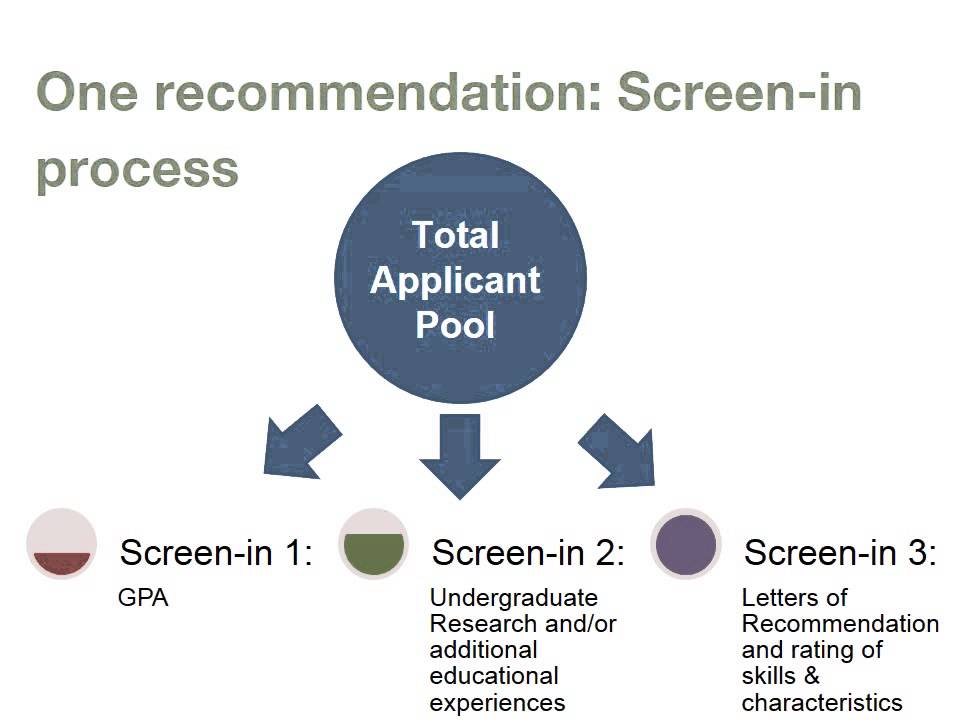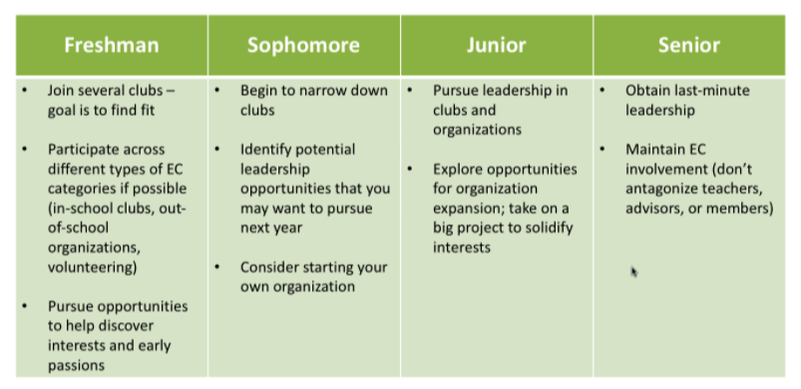From SATs to Extracurriculars: Decoding College Admission Criteria

As high school seniors navigate the competitive college admissions landscape, it’s crucial to comprehend the various criteria colleges consider when evaluating applicants. The college admission process is complex and multifaceted, involving a range of factors beyond just standardized test scores.
Let’s look into the intricacies of college admission criteria, exploring the role of standardized tests, holistic admissions, extracurricular activities, and more. By understanding these factors, students can better prepare themselves for the application process and increase their chances of acceptance.
The Role of Standardized Tests (SATs and ACTs)

What Are SATs and ACTs?
Standardized tests, such as the SAT and ACT, are a crucial component of the college admissions process. These tests assess a student’s academic abilities in reading, writing, and mathematics, providing colleges with a standardized measure of their preparedness for higher education.
The SAT and ACT are the two most widely used tests, with the SAT being more commonly used on the East Coast and the ACT being more popular on the West Coast.
Importance in College Admissions
Standardized tests play a significant role in college admissions, as they provide colleges with a quick and efficient way to evaluate applicants.
Many colleges use test scores as a factor in their admissions decisions, often in conjunction with other criteria such as GPA and extracurricular activities. A strong test score can help a student stand out in a competitive applicant pool, while a weak score can negatively impact their chances of acceptance.
Tips for Preparing and Improving Scores
To improve their test scores, students can take practice tests, focus on their weaknesses, and seek guidance from tutors or teachers.
Additionally, students can prepare by taking advanced courses in their high school, such as AP or IB classes, which can help them develop the skills and knowledge needed to excel on the test. Talk to college admission consultants, if you need help preparing for college admissions.
Debate Over Test-Optional Policies
Some colleges have adopted test-optional policies, which allow students to choose whether or not to submit their test scores as part of their application. Proponents of test-optional policies argue that they provide a more holistic view of a student’s abilities, as they consider factors beyond just test scores.
However, critics argue that test scores provide a valuable measure of a student’s preparedness for higher education.
Beyond Test Scores: Holistic Admissions

What Is Holistic Admissions?
Holistic admissions is an approach that considers a student’s entire application, including their test scores, GPA, extracurricular activities, essays, and letters of recommendation.
This approach recognizes that students are more than just their test scores and seeks to evaluate their unique qualities and strengths.
Components of a Holistic Application
A holistic application typically includes a range of components, such as:
- Essays: Personal statements that provide insight into a student’s goals, motivations, and values.
- Letters of Recommendation: Written endorsements from teachers, counselors, or mentors that highlight a student’s strengths and achievements.
- Extracurricular Activities: A student’s involvement in extracurricular activities, such as sports, clubs, or volunteer work.
- Community Service: A student’s commitment to community service and volunteer work.
Extracurricular Activities: Quality vs. Quantity

Significance of Extracurricular Involvement
Extracurricular activities play a significant role in college admissions, as they provide colleges with insight into a student’s passions, interests, and values.
Students’ extracurricular activities can also demonstrate their leadership skills, teamwork abilities, and commitment to their community.
How Colleges Evaluate Extracurriculars
Colleges evaluate extracurricular activities by considering factors such as:
- Depth: The level of commitment and involvement a student has in their activities.
- Impact: The positive impact a student has made through their activities.
- Passion: A student’s genuine interest and passion for their activities.
Leadership, Passion, and Impact
Importance of Leadership Roles
Colleges highly value leadership roles within extracurricular activities, as they demonstrate a student’s ability to take initiative, motivate others, and achieve goals.
Passion and Genuine Interest
A student’s passion and genuine interest in their activities can significantly impact their application.
Colleges want to see students who are genuinely committed to their pursuits and are willing to put in the effort required to excel.
Community Service and Volunteering
Value of Community Service
Colleges highly value community service and volunteering, as they demonstrate a student’s commitment to their community and willingness to make a positive impact.
Impact of Sustained Volunteer Work
Sustained volunteer work can significantly impact a student’s application, as it demonstrates their long-term commitment to a cause and their ability to make a lasting difference.
Special Talents and Unique Achievements
Significance of Talents Beyond Academics
Talents beyond academics, such as music, sports, or art, can be a valuable addition to a student’s application. These talents can demonstrate a student’s creativity, discipline, and passion.
Showcasing Talents in Applications
Students can showcase their talents in applications by highlighting their achievements, providing examples of their work, and discussing how their talents have helped them grow and develop.
Demonstrated Interest and Campus Visits
What Is Demonstrated Interest?
Demonstrated interest refers to a student’s level of engagement and enthusiasm for a college. This can be demonstrated through campus visits, interviews, and attendance at college fairs.
Impact of Campus Visits, Interviews, and College Fairs
Campus visits, interviews, and attendance at college fairs can have a significant impact on a student’s application, as they demonstrate their genuine interest in the college and their willingness to take the time to learn more about it.
Letters of Recommendation

Purpose of Recommendation Letters
Recommendation letters are written endorsements from teachers, counselors, or mentors that highlight a student’s strengths and achievements. These letters provide colleges with valuable insight into a student’s character, work ethic, and potential.
Who Should Write Recommendation Letters
Recommendation letters should be written by individuals who have worked closely with the student and can provide a detailed and accurate assessment of their abilities.
Crafting a Compelling Personal Statement
Role of the Personal Statement
The personal statement, also known as the college essay, is a crucial component of the college application. Furthermore provides colleges with insight into a student’s goals, motivations, and values.
Tips for Choosing a Topic and Writing Authentically
Students should choose a topic that is meaningful and authentic to them. Additionally write in a way that is genuine and reflective of their personality.
Navigating Early Decision and Regular Decision
Difference Between Early Decision and Regular Decision
Early decision is a binding agreement that a student will attend a college if accepted, while regular decision is a non-binding agreement.
Pros and Cons of Each
Early decision can provide students with a sense of security and clarity, but it can also limit their options if they are not accepted. Regular decision provides students with more flexibility, but it can also lead to a longer and more uncertain application process.
Financial Aid and Scholarships
Financial aid and scholarships are essential components of the college application process. Students should research and apply for scholarships, and complete the FAFSA and CSS Profile to determine their eligibility for financial aid.
In conclusion, the college admission process is complex and multifaceted, involving a range of criteria beyond just standardized test scores. By understanding these criteria and preparing themselves accordingly. Thus, students can increase their chances of acceptance and achieve their higher education goals.
Remember, the college admission process is not just about getting accepted; it’s about finding the right fit for your academic, personal, and professional goals. Lastly, approach the process with confidence and authenticity. As a result, you’ll be well on your way to achieving success. Still if you need expert advice and guidance, contact Solomon Admissions Consulting today!
Colleges Ranking Index by Rebellion Research



